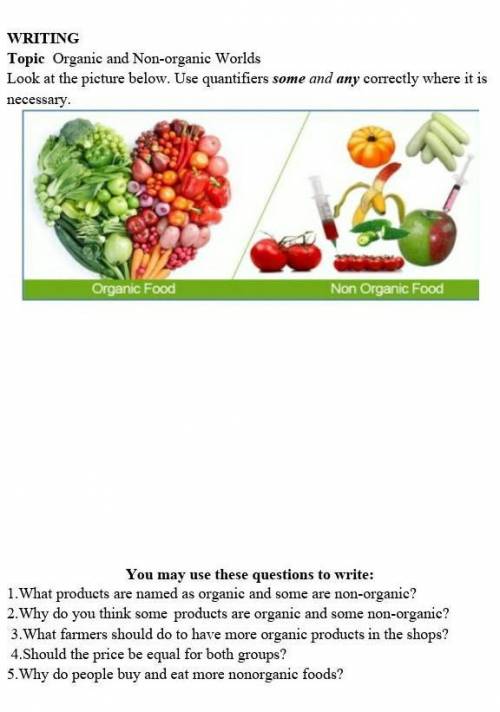
1.What's the best place you've been to? Why do you think so? The best place I’ve ever been to is Paris. I think so, because it’s amazing. There are hundreds of things to see and do in Paris.
2.Who's the most interesting person you've met? Why do you think so? The most interesting person I’ve ever met is my aunt Natalia. She is very intelligent and knows lots of interesting facts in history and geography.
3.Who's the nastiest person you've met? Why do you think so? The nastiest person I’ve ever met is our neighbour, uncle Peter. He is always rude to me and very nosy.
4.What was your most exciting adventure? When and where was it? My most exciting adventure was two years ago. My family and I went on holiday to the seaside. There was a small forest and we had a picnic there. Suddenly we were attacked by a few homeless dogs that ate all the food for the picnic. Thanks God we were safe and sound.
5.When was your worst moment? My worst moment was when I was just 8 years old and the elevator stuck between floors. I was terrified. Luckily my dad was at home and called the technicians.
Inorganic substances (inorganic compounds) — simple substances and compounds that are not organic, that is, do not contain carbon, as well as some carbon-containing compounds (carbides, cyanides, carbonates, carbon oxides C2O, CO and CO2 and some other substances[⇨], which are traditionally classified as inorganic). Inorganic substances do not have a carbon skeleton characteristic of organic substances.
Bio-products (also organic products) — agricultural and food products manufactured without the use (or with less use) of synthetic pesticides, synthetic mineral fertilizers, growth regulators, artificial food additives . The introduction of "organic production" leads to a decrease in yield, an increase in the duration of production and an increase in prices.
Объяснение:
вот вроде так